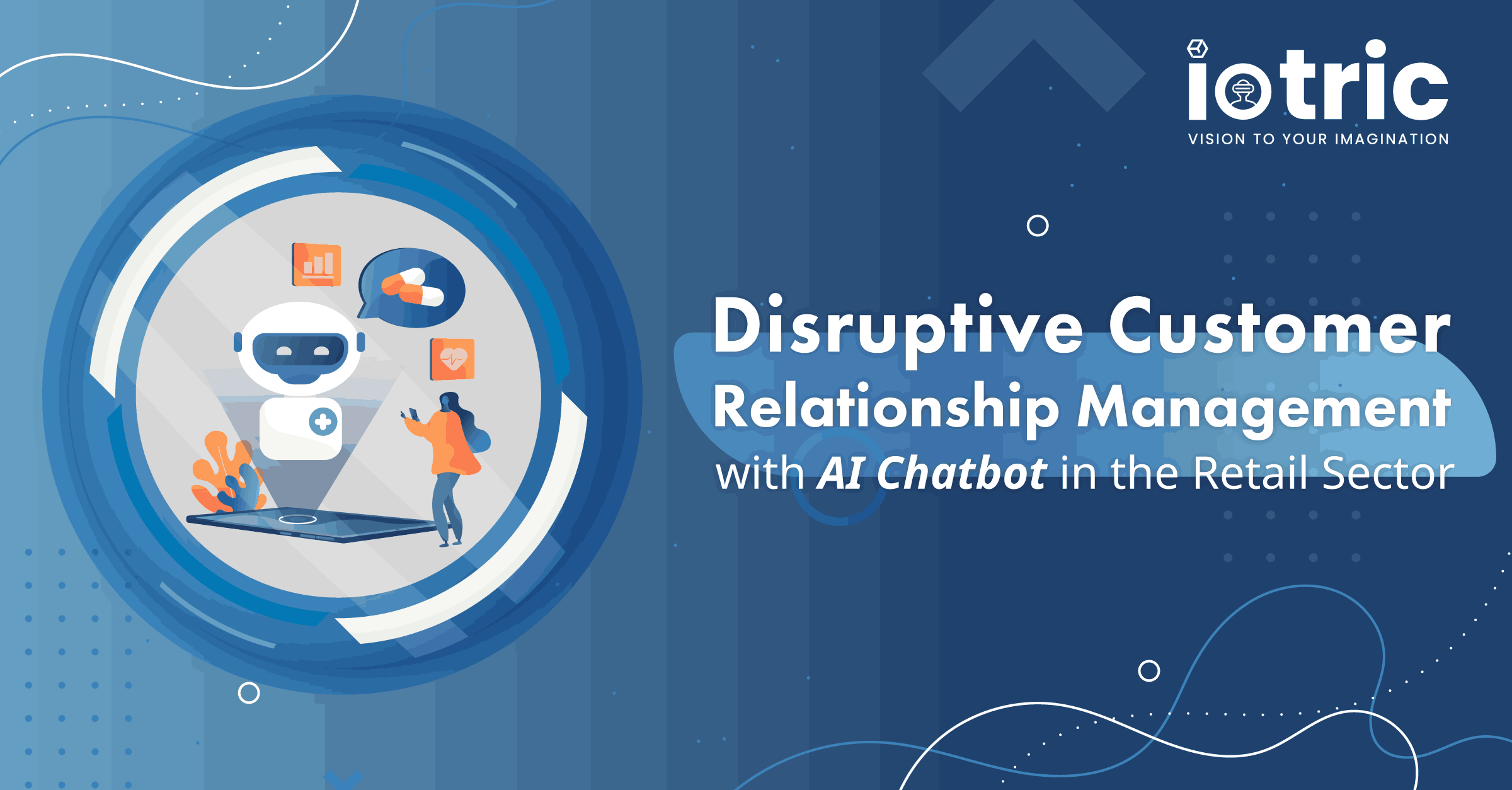Artificial IntelligenceGenerative AI
AI Chatbots Enhance Customer Relationship Management in Retail

Using live chat interfaces to communicate with customers has become a widely adopted method for offering real-time customer support in many e-commerce environments. Nowadays, human chat agents are often replaced by chatbots, software systems that interact with users through natural language, typically powered by artificial intelligence (AI).
The role of chatbots in service settings is evolving to improve customer engagement in the digital marketing landscape. As a result, it has become essential to understand how to influence user perceptions and behaviors through effective interface design.
- Chatbot features shape personalization and overall user experience.
- Personalization impacts switching costs and fosters a sense of psychological ownership.
- Switching costs influence the intention to continue using the service by reducing attention to alternative options.
AI Chatbot Features To Support Retail
“AI Chatbot for retail” or “Retail ChatBot” is an AI-powered virtual assistant designed specifically for the retail industry to assist with customer service, shopping experiences, and overall business operations.
Such chatbots are intended to enhance customer interactions, offer personalized recommendations, deliver quick responses, and seamless shopping assistance.
In comparison to human resources, AI chatbot ensures:
- 24/7 availability of customer support
- Understand customer preferences
- Deliver personalized recommendations
- Offers order tracking on the same interaction window
- Collected customer data in an automated manner
- Contextual engagement
- Consistent communication with the least number of errors
- Proactive customer support
- Insights into customer behavior
- Supports data-driven decision-making and business performance evaluation
- Global reach with multilingual support
- Cost, effort, and time saving with automated responses
How AI Chatbot Contributes To Disruptive Customer Relationship Management (CRM)
Big Data Collection
Big Data plays a vital role in CRM as it helps to understand customer preferences, purchase patterns, and many more. Meanwhile, AI chatbot collects such data for further data-driven decision making to help retailers in building higher understanding about the customers.
Such data helps to:
- Create and deliver personalized offers and services to the customers
- Boost higher customer satisfaction and retention with personalization
- Reduce customer switching costs
Consistent Connectivity
AI chatbots are programmed to ensure 24/7 connectivity between the retailer and customer. Such consistent connectivity between both the parties, can boost –
- Sense of psychological ownership amongst customers towards the retailer
- Tuning between retailer and customer
- Customer experience and problem solving
Psychological ownership is a sense of belongingness that emotionally connects customers with the retailers.
Streamline Business Operations
AI chatbots are essential for businesses seeking to enhance efficiency, as they can analyze large datasets, automate repetitive tasks, and offer intelligent insights and recommendations to streamline operations. It further benefits in –
- Automation of all the business operations and tasks
- Cost-savings by reducing human intervention
- Improving efficiency by handling multiple queries of customers simultaneously
Automated and Accurate Response
AI chatbots are trained to understand the complex queries of the customers and deliver accurate responses using advanced artifical nueral networks. Such models are highly productive and accurate to perform in comparison to human resources. In short, it delivers –
- Continuous customer service without any breaks
- Deliver instant responses and handle multiple queries simultaneously
- Remain professional to all for all the time without any emotional bias
AI Trends in U.S. Retail and Chatbots Bridging CRM Gaps

Source: 2024 US retail industry outlook: Looking for loyalty in all the right places (deloitte.com)
According to reports of Deloitte, strengthening the loyalty program is one of the topmost growth opportunities for the retailers of the United States. Meanwhile, AI chatbots can highly contribute by boosting customer loyalty with personalized and real-time shopping experiences. It can recommend exclusive offers to high-spending customers or provide special discounts to those celebrating a birthday or anniversary.
Further, If a customer hasn’t interacted with the brand for a while, the chatbot can send personalized offers to entice them back. Thus, AI chatbots raise opportunities for retailers to drive AI-driven customer loyalty programs and attain a higher competitive advantage in the industry. It would help the retailers to retain loyal customers for a long and entice losing customers.
Moreover, the data collected using an AI chatbot would provide
- Continuous item-level insights
- Real-time tracking of product location, availability, and performance.
- Analyze and store data on customer behaviors and external factors.
- Dynamic pricing and optimized store layout and merchandising.
- Analyze crucial data to highlight important KPIs.
- Streamline task prioritization, ensure product availability, reduce online returns, lower wait time, and improve cleanliness.
- Analyze customer behavior and emotions for security insights.
- Deter theft and improve store security.
Conclusion
In conclusion, integrating a CRM with a chatbot can significantly enhance customer service, sales, and overall business operations by automating routine tasks and providing personalized customer interactions.
The combination of a CRM and a chatbot allows businesses to:
- Streamline Communication
- Gather Customer Data Efficiently,
- Enhance Customer Engagement.